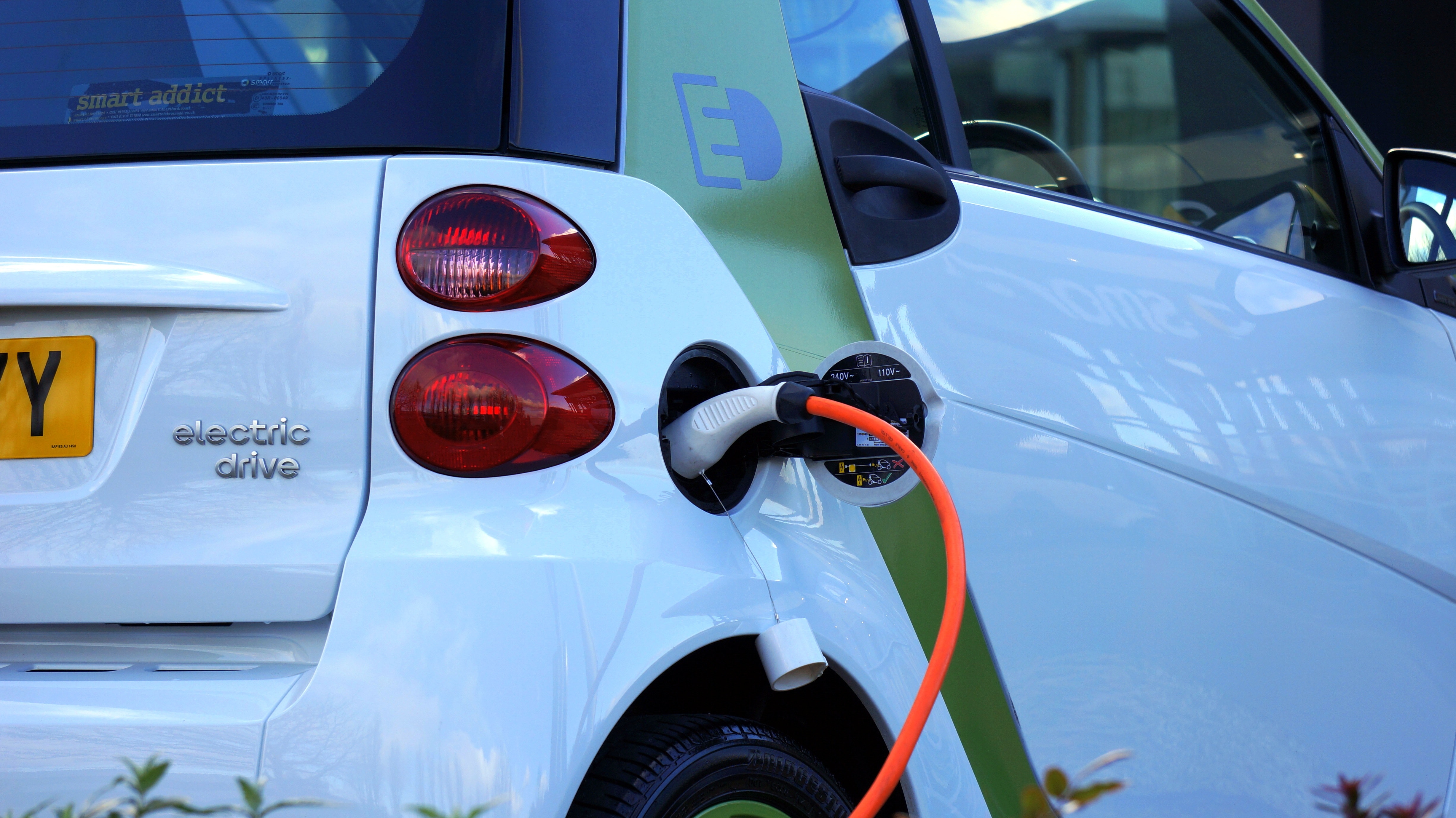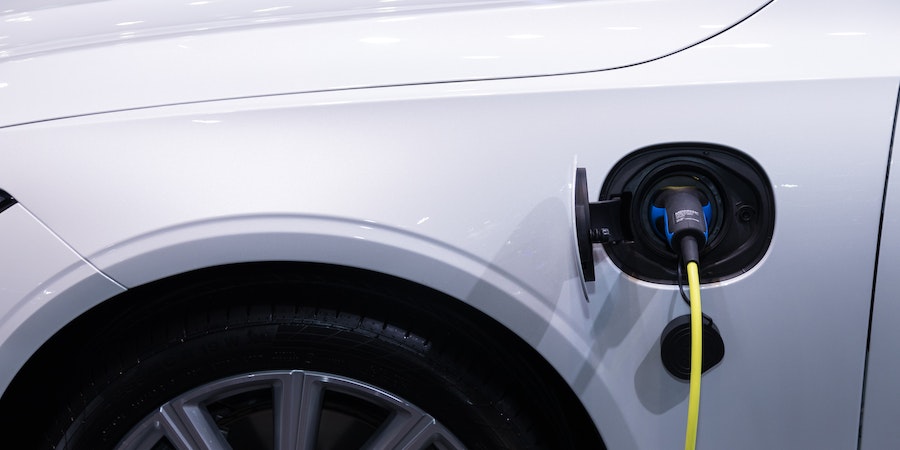
Plug-in hybrids are perceived as a compromise by some, while others see them as a practical middle ground between an electric and conventional car. We've listed the 8 main advantages of plug-in hybrid cars are listed below.
Shorter trips primarily use electricity as fuel, so your fuel expenses will be lower and the car will be more fuel-efficient. You can save money by charging an electric vehicle instead of filling up at a petrol station.
Additionally, some electric charges are free, which will also help you save money. Certain hybrid vehicles are also eligible for reduced emission rates when passing through congestion-charged areas.
Driving a plug-in hybrid should be just as simple as driving a regular car, aside from the requirement to plug them in. Without the high operating costs of a fast petrol car, better performance is achieved with a combination of electric, petrol and diesel power. Even though it's a minor inconvenience, not having access to a charging station should raise no red flags. Just run the engine until you find a charging station or arrive home.
Because plug-in hybrid vehicles have less of an impact on the environment than vehicles with internal combustion engines, they are eligible for tax breaks for both individuals and businesses. Because they are based on CO2 emissions, plug-in hybrid vehicles have lower road tax and benefit in kind (BiK). The lowest BiK (Benefit-in-kind) tax bands are occupied by vehicles with lower emissions and a respectable electric range; certain plug-in hybrids are assessed at as low as 8%.
Another advantage of electric hybrid cars is the reduction in noise. The battery-powered motor is much quieter than an internal combustion engine, which can have positive health benefits. However, some people argue that the risk of pedestrian accidents is increased because it is harder to hear electric hybrid cars approaching.
A plug-in hybrid will prioritise the electric charge on shorter trips, but it also has the advantage of conventional fuel, so you don't have to schedule your travels around charging stations.

Lower CO2 emissions are a benefit of plug-in hybrid cars, particularly for shorter trips. Using electricity instead of petrol or diesel lessens both your personal environmental impact and carbon footprint.
Regenerative braking allows plug-in hybrids to increase their own battery capacity. In order to provide more electric power, this aids in battery recharge. A plug-in hybrid will travel farther on electricity than a full hybrid because of a larger battery pack and the ability to top up the battery while on the go. A plug-in hybrid vehicle's electric range should typically be 20 to 30 miles, though some models can reach up to 50 miles.
A plug-in hybrid's all-electric powertrain results in virtually silent operation and a steady, comfortable ride. Because there are no engine vibrations when using all-electric power, the drive is steady.
For the time being, the petrol or diesel engine should allay any remaining worries about "range anxiety" and give some comfort to those who are sceptical of electric vehicles. The car switches to its petrol or diesel engine, which is refuelled just like a regular car, when the battery runs out.
A plug-in hybrid vehicle will usually start on electricity, so you might find that short trips don't need the engine. In fact, a plug-in hybrid is likely to run mostly on electric power as the average car trip in the UK is only ten miles or so. For longer journeys, the engine is available.
It all depends on your situation, which is why homework is so important. For quick trips and city commutes, a hybrid is a sensible substitute for a petrol or diesel vehicle. Being a plug-in hybrid is a great way to transition to a fully electric vehicle, but you have to remember to plug it in.

Includes the A series, E-Tron electric and Q series

Includes 1-8 series, I, X and Z series

All Ford Cars, Vans and Pickups